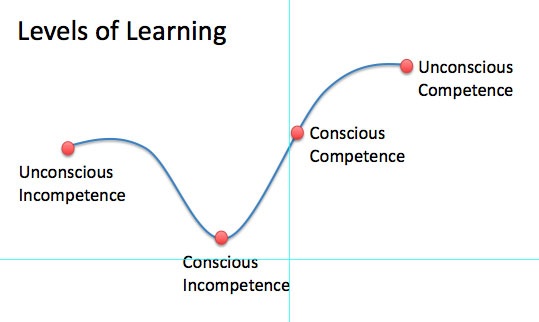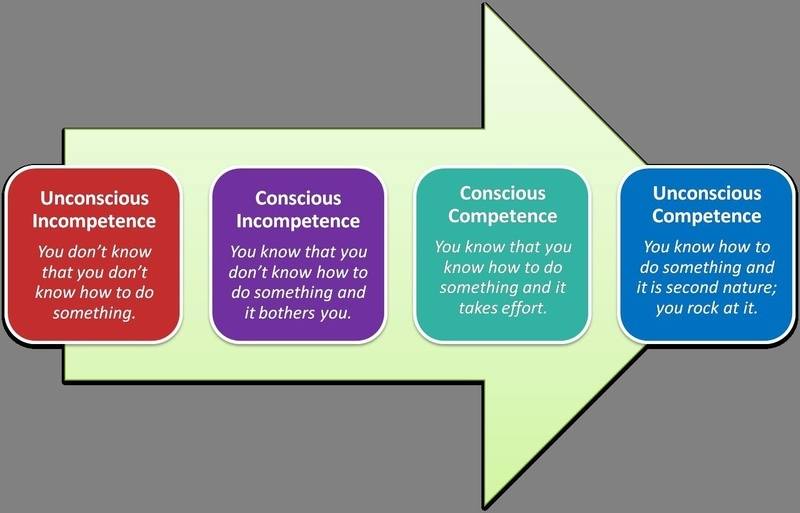The learning process.
Posted on
When we train, we often have occasions of “Peaks” “Troughs” and “Plateaux’s”, but what are these and how and why do they happen? After all, aren’t we supposed to simply improve with every session?
Well, yes, in the ideal world, every session would be perfect and we would progress at alarming rates. But in reality this rarely happens, especially with novice riders.
We look at Grand Prix riders and think, wow, they are so good, and make it look so easy. Yes, they are, and indeed do, however at various points in their training, they too have had these peaks, troughs and plateaux’s.
So what is a “Peak”? The peak is that feeling when it seems like everything is going well, the improvements keep coming and you are thrilled with the results.
“Troughs” are the opposite. They are those times when no matter how hard you seem to try, it just doesn’t happen, whether that be being able to do something new, or even something which you thought you had conquered. A feeling of being useless is how I’ve often heard it described.
“Plateaux’s”, these are the bit in between the other two. Often a plateau is reached when a new level is being introduced. The new exercises to learn, or the ability to learn how to sit to the bigger trot at medium etc. It is these “new” things or even “repetitive” things which can seem like a lifetime to achieve sufficiently to progress. That feeling of “I am not getting anywhere”.
It is important to remind yourself that every rider has experienced all these feelings, regardless of their current level.
As we approach a new challenge we all become “beginners” again and go through the channels mentioned above, but it is at the “trough” and “plateau” stages we must remind ourselves that what once felt difficult became easy, and the current feelings you are experiencing will also become ones of ease, or a “peak”.
The following graph illustrates the typical learning journey:

As you can see, Unconscious Incompetence is the beginning, often a "peak" time, then the "trough" of Conscious Incompetence, suddenly realising it is not as easy as you first thought, followed by a slow rise to Conscious Competence a period of a "plateau" as your learning grows, back up to the "peak" of Unconscious Competence, suddenly you are doing what was originally difficult easily.
This arrow chart shows that journey:

So, which level do you feel you are at?